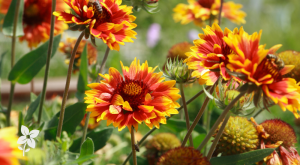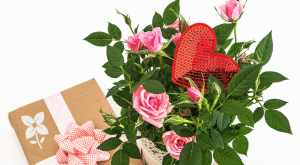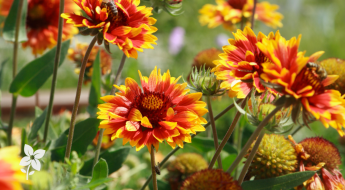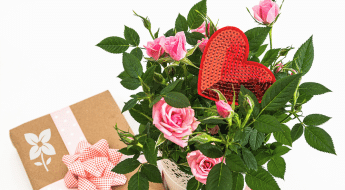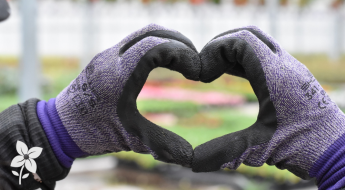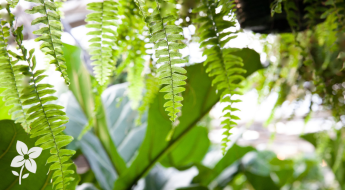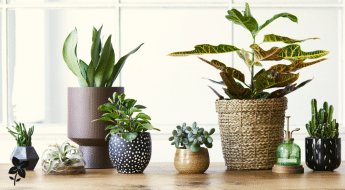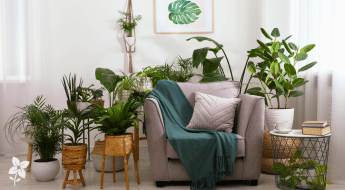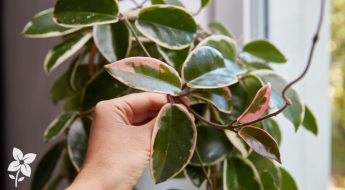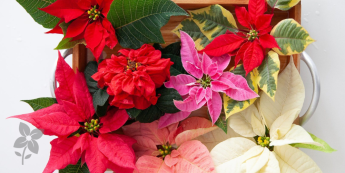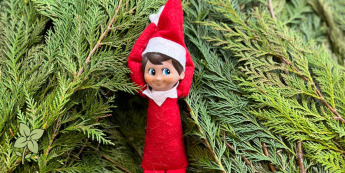Garden waste—piles of leaves, grass clippings, and pruned branches—can feel like a constant hassle if you’re not used to utilizing it. But, managing it the right way can be a game-changer for your garden’s health and the environment. By turning waste into resources, you can reduce landfill contributions, enrich your soil, and keep your yard looking great without breaking the bank. Without further ado, let’s explore the most effective and sustainable strategies for dealing with what nature leaves behind.
Why Managing Garden Waste Matters
When garden waste heads straight to the landfill, it breaks down without oxygen, producing methane—a potent greenhouse gas. Composting and reusing organic materials help keep methane out of the atmosphere, while returning nutrients back into your soil. It also saves you money by reducing the need for store-bought fertilizers and mulch. Plus, a well-managed yard simply looks better, making your outdoor space more enjoyable year-round!
What Counts as Garden Waste
Garden waste covers a wide range of organic materials, including:
- Fallen leaves
- Grass clippings
- Pruned branches and twigs
- Spent annuals and perennials
- Deadheaded trimmings from flowers
However, not everything that grows in your yard should go into your compost or mulch pile. Tricky waste items include:
- Noxious weeds such as Canada thistle or quackgrass—they spread aggressively and can survive composting.
- Diseased plants like blight-infected tomatoes or powdery mildew-covered vines—composting them risks reintroducing pathogens to your garden.
- Invasive species should always be disposed of using municipal guidelines to prevent them from spreading to natural areas.
Check it out:
Top 10 Weeds in & Around Edmonton
How to Compost Garden Waste
Step-by-Step Composting Basics:
- Choose the right location: Pick a sunny, well-drained spot for your compost bin or pile.
- Build in layers: Alternate between “greens” (nitrogen-rich materials like grass clippings, vegetable scraps) and “browns” (carbon-rich materials such as dried leaves, shredded paper, or straw).
- Maintain moisture: Your compost should feel like a wrung-out sponge—not too dry, not soggy.
- Turn regularly: Aerating your pile speeds up decomposition and prevents foul smells.
- Monitor temperature: A hot compost pile (54–71°C) breaks down materials quickly and kills most weed seeds.
Composting Dos & Don’ts:
Do:
- Chop large branches or stalks before adding them.
- Cover fresh food scraps with browns to deter pests.
Don’t:
- Add meat, dairy, or oily foods—they attract unwanted animals.
- Compost diseased plants or invasive weeds.
- Add any pet waste materials.

Creative Ways to Reuse Garden Waste
Garden waste can be a treasure chest of useful materials:
- Mulching – Spread shredded leaves or grass clippings around plants to retain moisture, regulate temperature, and suppress weeds.
- Wood chips for paths – Use chipped branches to create natural, low-cost walkways that break down over time, enriching your soil.
- Leaf mould – Pile up leaves and let them decompose slowly into a nutrient-rich, soil-conditioning material.
- Brush piles for wildlife – Stack twigs and branches in a corner to provide shelter for beneficial insects and small animals.
By viewing waste as a resource, you turn cleanup into a form of investment for your garden’s future!
Municipal Programs & Disposal Options in Alberta
Many Alberta municipalities, including Edmonton, offer seasonal and year-round programs to help residents manage garden waste responsibly. The green waste management Edmonton program allows you to place accepted organic materials in your curbside green bin for composting at city facilities.
Some areas also host seasonal yard waste drop-off events where residents can dispose of large branches, bagged leaves, and other materials free of charge. Always check local guidelines for accepted items, as these programs are also an excellent way to handle garden waste disposal in Edmonton in an environmentally sound manner.
Handling Problematic Waste Safely
Some waste needs special treatment:
- Noxious weeds – Double-bag and dispose of them through municipal waste streams or take them to a designated landfill site. Do not compost them at home.
- Diseased plants – Burn if permitted in your area, or send them to the landfill to prevent re-infection.
- Invasive species – Follow your municipality’s organic waste disposal instructions to ensure seeds and plant fragments are destroyed.
Proper handling protects not only your own garden but also Alberta’s wider ecosystem.
Seasonal Garden Waste Management Tips
Spring – Clear winter debris, prune shrubs before active growth, and start composting early.
Summer – Collect grass clippings, deadhead flowers regularly, and keep mulch fresh to lock in moisture during heat waves.
Fall – Rake and shred leaves for compost or mulch, cut back perennials, and dispose of diseased plant material.
Winter – Reduce waste by leaving ornamental grasses and seed heads for winter interest and wildlife food, then compost them in spring.
By managing garden waste wisely, you’ll not only keep your yard clean but also contribute to a healthier environment and more fertile soil. Whether you compost at home, mulch your beds, or make full use of municipal programs, every small step helps reduce landfill use and builds a more sustainable gardening practice. Try one new method this season and see the difference it makes—both in your garden and your conscience!
Stay inspired and informed! Sign up for Salisbury Greenhouse’s newsletter to receive seasonal gardening tips, eco-friendly ideas, and notification of our upcoming events straight to your inbox.



